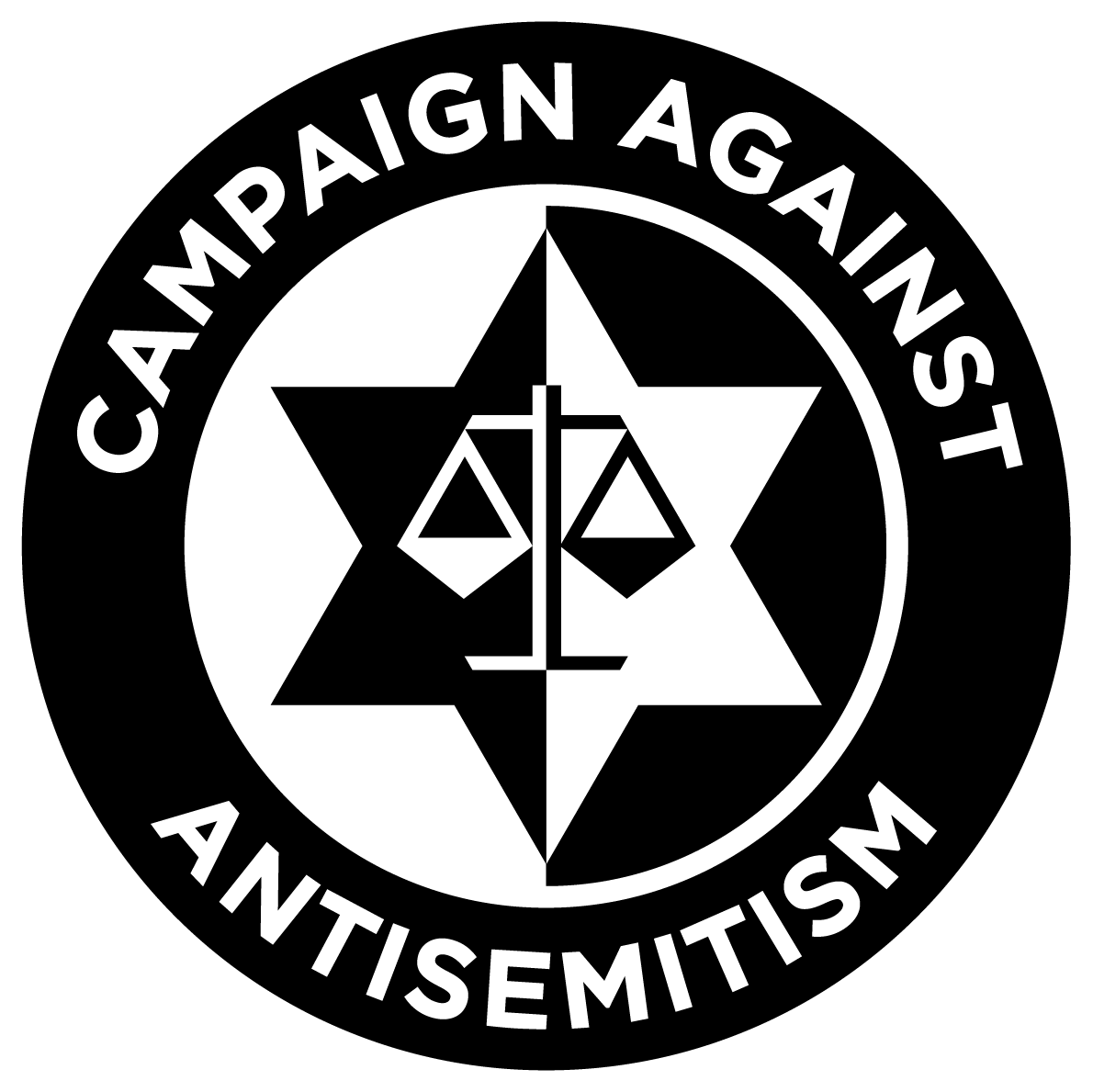Facebook, Google and Twitter hauled before MPs for grilling on hate crime
Yesterday Facebook, Google and Twitter appeared before the House of Commons Home Affairs Committee, as part of the Committee’s inquiry into the violent consequences of hate crime.
The Committee’s Chair, the Rt Hon. Yvette Cooper MP set the tone of the discussion by noting: “We’ve seen too many cases of vile online hate crimes, harassment or threats where social media companies have failed to act. It cannot be beyond the wit and means of multi-billion dollar social media companies like Twitter, Facebook, and Google to develop ways to better protect users from hatred and abuse.”
The social networks were quickly put on the defensive, and the hearing had hugely embarrassing moments, for example when Google’s Peter Barron insisted that a YouTube video entitled “Jews admit organising White Genocide” would not be removed from the platform because it did not breach YouTube’s rules against hate speech. The companies remained on the defensive throughout the hearing, even towards the end when they each repeatedly refused to disclose how many staff they employ to review user reports.
There were also more positive moments, including when Twitter’s Nick Pickles revealed that the social network is now finally experimenting with technology to proactively seek out hateful content, something which Campaign Against Antisemitism has long urged, including in our meetings with Mr Pickles.
The Committee also probed why the social networks do not verify the identities of their users, making it easy to create fake accounts which can be used to direct abuse at other users, but the reasons given were unconvincing. Whereas there might be legitimate reasons to allow anonymity within war zones such as Syria, where verification is impossible in any case, there is no equivalent reason for failing to verify British users.
The companies were also quizzed on whether they will ever become effective at removing hateful content unless the UK legislates to force them to, like the legislatures of Germany and Israel. It sounded very much like the answer was ‘no’.
Campaign Against Antisemitism believes that internet giants must do much more to tackle hate crime on their platforms, particularly by developing proactive algorithms to take down antisemitic material in the same way that they already remove copyright material, or child abuse. We also believe that it is important for the social networks to verify the true identities of their users, and to provide evidence to police when British laws are broken, not only American laws.



